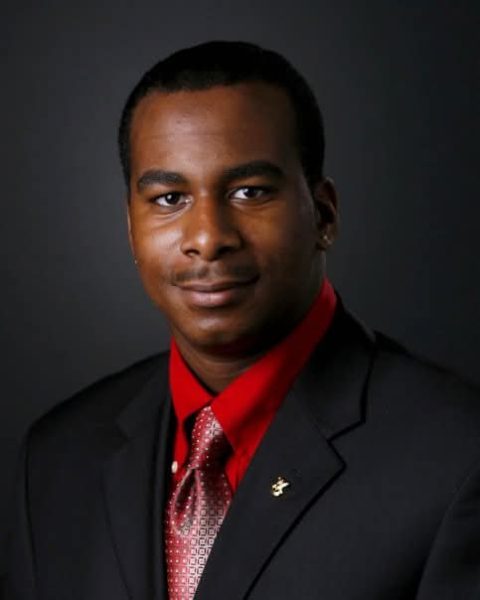Proposed bill to cut state contracts to help higher education
Louisiana State Representative Jerome “Dee” Richard is preparing to present another bill that would cut state contracts to aid Higher Education, which is looking at the threat of a $300 million cut to its budget within the next year.
This huge cut, due to the recent drop in oil prices, would affect universities throughout the state. Higher education has already endured a cut of over $459 million in Louisiana over the last six years, and another cut this large could lead to a rise in tuition prices. According to a 2013 study by the Center on Budget and Policy Priorities, tuition for four-year colleges has gone up by $2,242 in-between the fiscal years 2008 and 2014 already. This increase has made it harder for lower income families to pay for a college education as it is.
To adjust to the next possible cut, universities may have to drop classes, staff and computer labs or close their doors for good.
Richard said there are 19,000 consulting contracts with the state of Louisiana, and a 10 percent cut would save a projected half a million dollars a year, all of which would go to funding higher education. State Treasurer John Kennedy, whom Richard worked closely with to pass the bill last year, said some of these contracts include things like spending state money to coach children on recess play and to educate Hispanic drivers about seat belt safety.
“The bottom line is, we have a spending problem,” Richard said when he met with the Thibodaux Kiwanis Club on Wednesday, Jan. 28. He said part of this bill would also be monitoring all of these contracts through a joint committee when they reach over the $40,000 mark instead of gaining an automatic approval to assure there is sound reasoning for spending it.
“I know we have wastes in government,” Richard said, “and we shouldn’t raise taxes or tuition until we cut costs.”
When Kennedy and Richard presented a similar bill last year, it passed unanimously by the House of Representatives and the Senate, but Governor Bobby Jindal vetoed the bill on June 19, 2014. In Jindal’s veto letter to the Clerk of the House of Representatives, he writes that although he agrees with the bill’s intent, it “could hinder the state’s efforts to continue to provide its citizens with timely, high quality services. It’s arbitrary and burdensome process could cause significant delays and introduce uncertainty in executing a contract…”
The bill this year would also implement an automatic override veto session whenever there is a unanimous vote like last year’s. Richard said that people do not want to go through the trouble of going back to Baton Rouge to vote again, and an override has not been done since 1975.
“It takes a two thirds vote to override the governor’s veto,” John Lajaunie, part of Nicholls’ Executive Committee, said. “If you think it was good enough to pass the first time, then show me you think it’s good enough to go and fight for it. That’s my opinion as a tax payer.”
Lajaunie agrees that monitoring these contracts to catch waste sounds good, but he also said that there could be some adverse repercussions. As stated in Jindal’s veto letter, constant monitoring would slow the day-to-day function of the government because there are so many, and they cover such a wide variety of things. Nicholls also uses state contracts to conduct business. This monitoring could impede things as simple as replacing an A.C. unit in a building.
“It has the potential of overwhelming the very system that is set up to stream line it,” Lajaunie said. “Do I think this is an area we need to look into it because there’s a whole lot of money going out through professional service? Absolutely. So let’s look at it.”
Another part of the budget fix in the bill calls for cuts on non-government organizations (NGO’s) funded by government money, the savings of which would go to help fund higher education. This includes churches, festivals and things that are thought of as nonprofit but are at times run by businesses reimbursed through the state with grants and contracts.
Brigett Scott, president of Nicholls Executive Committee, agrees that NGO’s should not be government funded nor should other agencies be protected from budget cuts. Scott said that constitution was put in place a long time ago, and maybe the world has changed to the point that we have to move differently now.
“I think that the legislature needs to call a constitutional convention, and they need to reexamine [it] and all of these rules that are hindering them from being able to cut other agencies,” Scott said. “Why is it that we can only cut health care and education? Even health care is more protected now after the last election we had. It’s really almost like it is only education now that can be cut. In my opinion, we have to decide as residents of the great state of Louisiana, do we value higher education?”
Scott says she has every confidence that the faculty and staff of the University that they will continue to make the best out of the situation they are in.
“No matter what happens,” Scott said, “we have a commitment to the University that we are going to continue to do the best we can with what we have. We are very good at doing that.”






